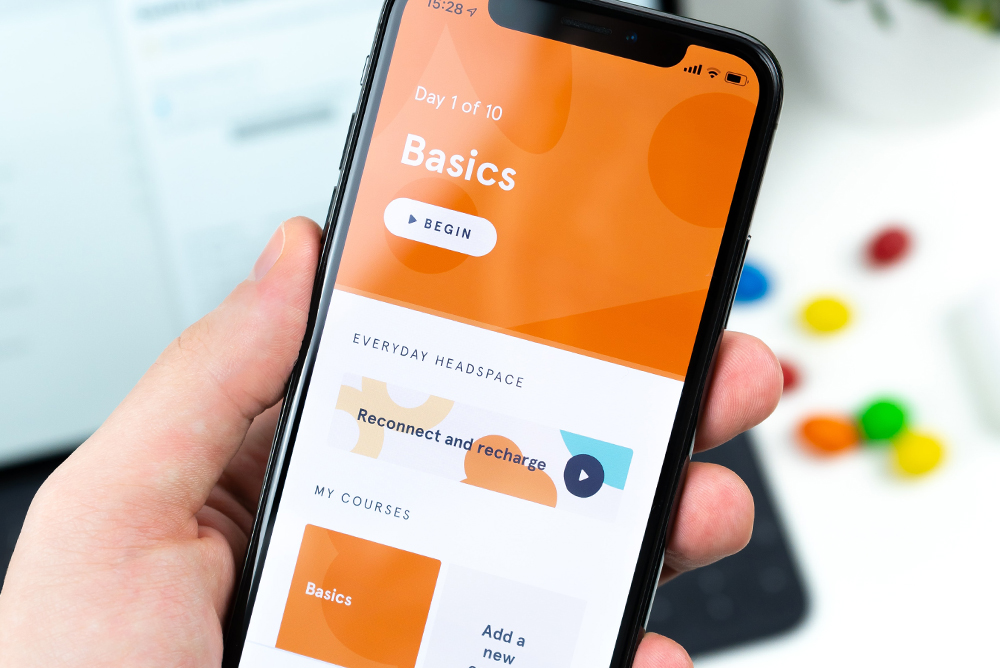
How to learn any programming language
Whether you're a newcomer to programming or you're just curious as to what i'm about to say, facts will remain facts. Think of programming as any other language out there. It could be spanish, french, or italian. What do all these languages have in common? You can say 'jump' or 'walk' in all these languages. Only difference is they are said slightly differently but they have the same meaning.
Now that you have this in mind, let us show you how you can learn any programming language.
#1. Learn by doing
Always play with the code when learning a particular language. With every new subject, the sooner you start playing with the code, the faster you will learn the given concepts. What are these concepts you will learn? Stay tuned.
#2. Understand the fundamentals
The better you learn programming fundamentals, the easier it is to learn more advanced concepts. It is important to keep in mind that being able to code something great requires you following everything we are currently telling you.
You cannot learn to be a great programmer by studying a programming language the way a typical grade 5 student would study their books. What are we talking about? Never cram. You'll just end up wasting your precious time.
So what are these fundamental concepts you should understand? They are Variables, Operators, Conditionals, Loops, Functions, Classes, Error handling and Testing.
#3. Learn to ask for help
As awesome as it would be to become the next Steve Jobs on your own, the reality is that people learn faster with mentors and peer feedback. What may seem like an immovable bug or topic could be quickly alleviated by a fresh pair of eyes or a new interpretation of the subject.
Whether it’s online or in-person, ignore the trolls and don’t be afraid to ask for help, because every programmer has been in your shoes before.
Besides, most developers love to code, and if there’s one thing that passionate individuals enjoy, it’s to share their knowledge with others.
#4. Make use of online resources
If a particular concept doesn’t make sense, be it on in a textbook, or during class lecture, maintain your confidence and look for alternate online resources to learn the same content.
Everyone learns differently, and just because one source doesn’t make sense, doesn’t mean there’s something wrong with you. It only means there's a resource out there waiting for you to find it because it was made to explain that concept crystal clear specially for you.
#5. Don’t just read a sample code.
Reading sample code is not enough to understand how it works. To develop a true understanding, you need to actually run the code and tinker with it. Reading is not the same as understanding, and actually trying to write the code yourself, or at least running it, will facilitate the learning process much more.
#6. Take breaks when debugging
When programming you will always encounter bugs. It’s easy to go down the rabbit hole for hours when this happens and there's no guarantee that you will fix the problem.
To avoid this, it’s best to step away from your computer for a few hours, and return with a fresh perspective. Not only is this a guaranteed way to help solve the problem, but you’ll also save yourself hours of headache.
So if help isn’t available, consider taking a break to clear your mind and return later. In the meantime, the bug won’t be going anywhere and you’ll at least restore some needed sanity to improve productivity.


